How to choose a bank in 5 easy steps
Kate Gillan | Citizens Staff
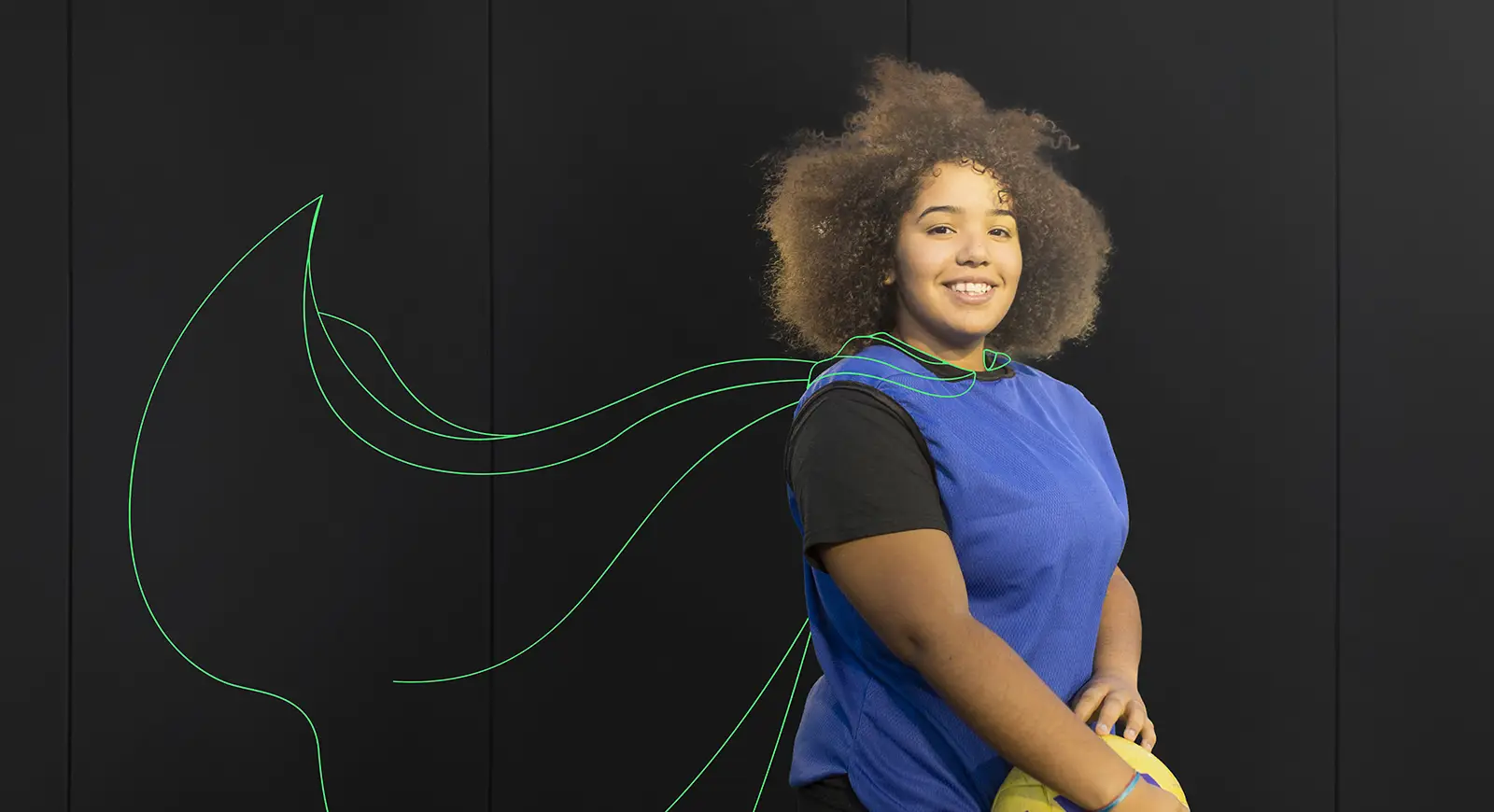
Key takeaways
- Ready to open your first bank account? Here’s your guide.
- Remember to have all your important documentation ready including government-issued photo identification.
- Look into opening both a checking and savings account.
Have you ever wanted to be the superhero of your own life, and create a financial destiny of your own choosing? If you’re ready to open your first bank account, it’s helpful to have a guide to do so. Whether you’ve been following the news and have developed an interest in savings, wanting a debit card to “tap to pay” for purchases at the local coffee shop or student-related activities, buy tickets to a sports game, etc., it could be your time to begin developing good money habits on your own.
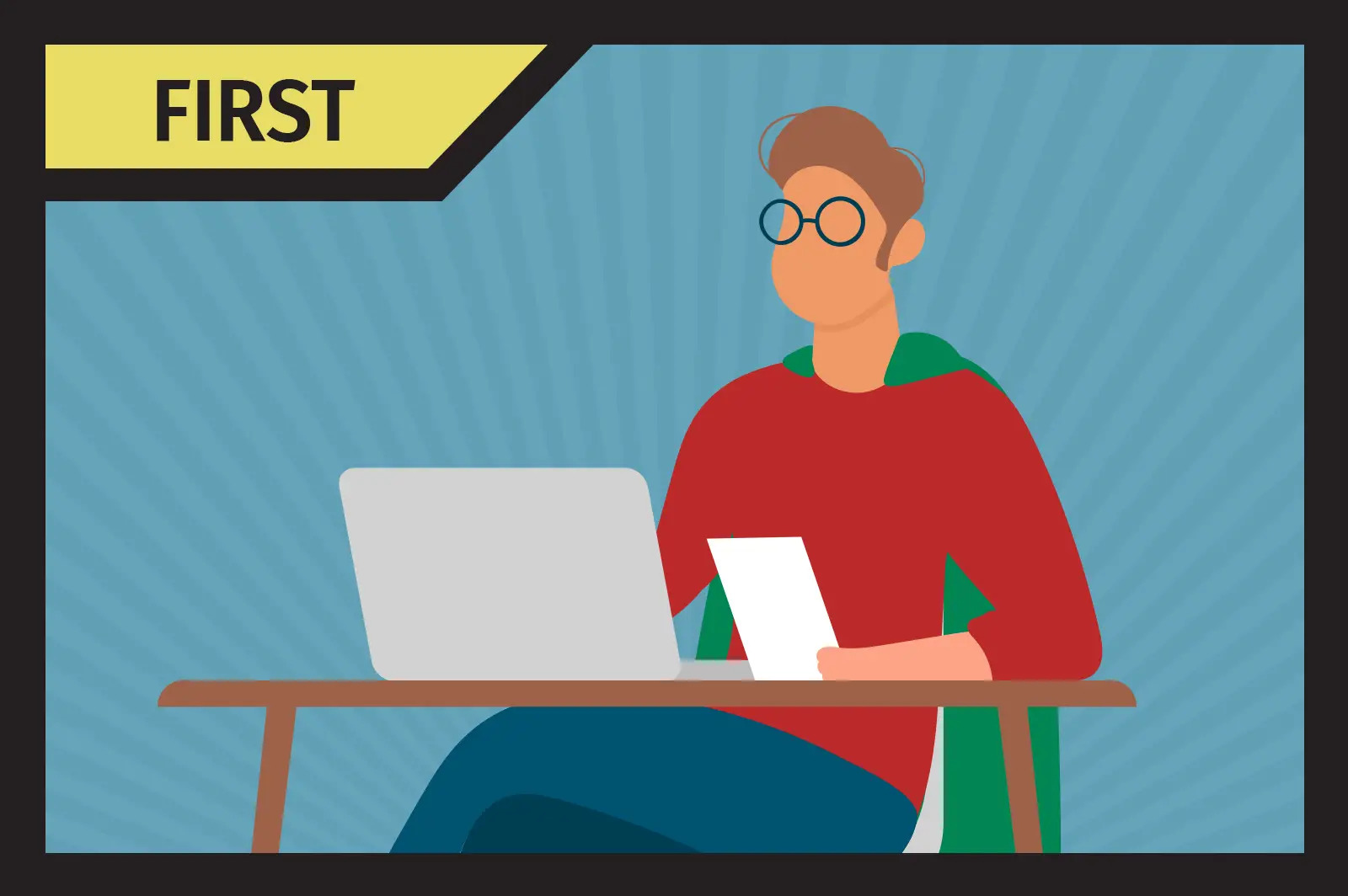
Step 1. Look for a bank account that meets your goals
Only you know your personal financial goals, and there are a few things to look for when opening your first checking account. You want to carve out the financial path that’s right for you, and we can provide a few maps to help chart your course.
It helps to ask questions and do your homework. Here are a few items to check off your list:
Digital features: Be sure to examine the digital features offered in the bank’s app. While all banks generally offer similar products, there are differences in digital capabilities.
Terms and conditions: You’ll also want to understand the terms and conditions regarding your student checking account to learn about the fees or requirements.
Debit Cards and ATMs: Make sure there are ATMs close to where you live, so you can quickly grab cash. Plus, you can use your debit card to pay in store or online for a quick checkout.
Useful app: If you’re into gadgets (and who isn’t?) be sure your bank’s app has digital payment options such as Zelle®, for when you’re grabbing pizza with friends and need to pay someone back in minutes.*
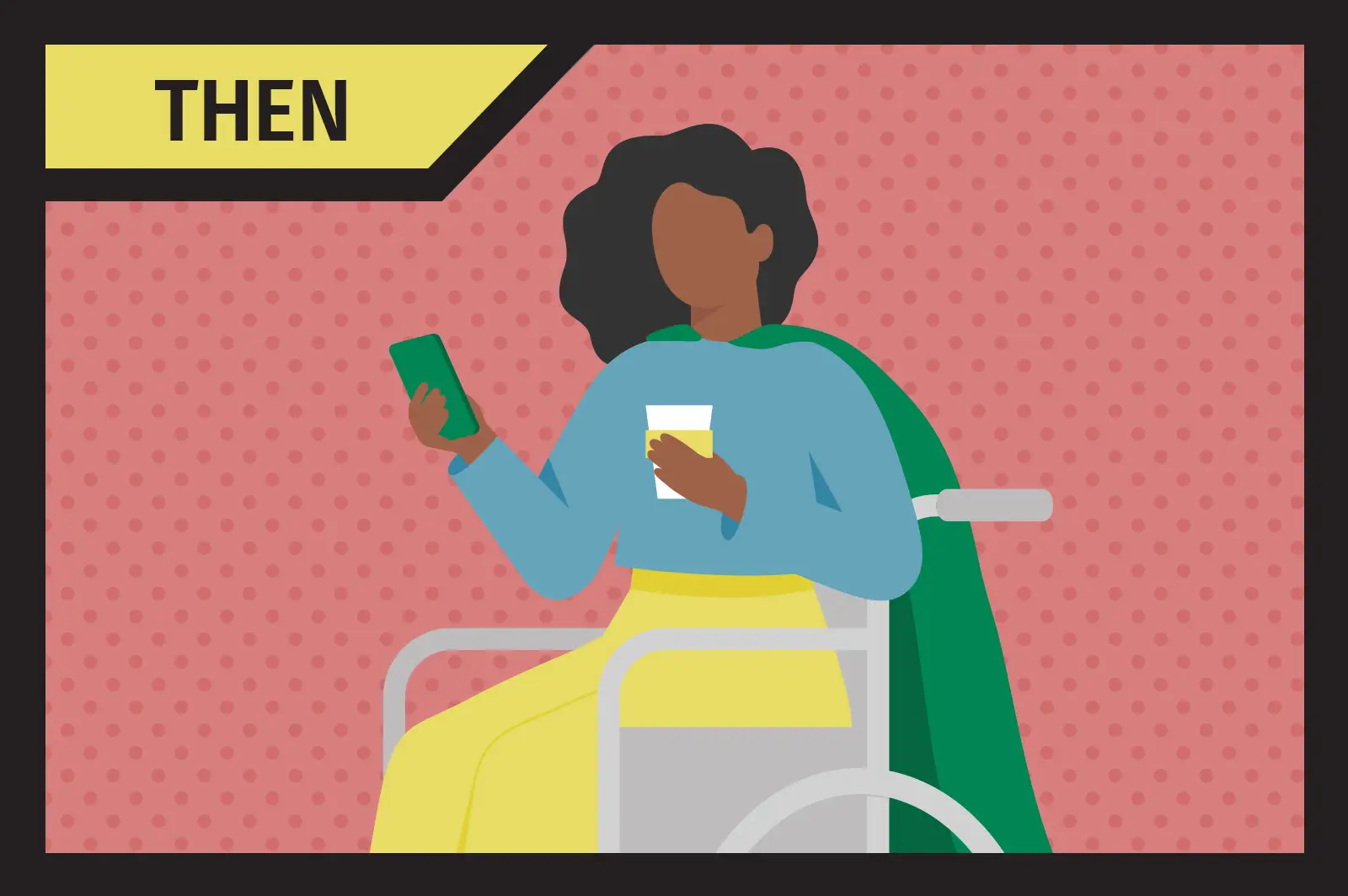
Step 2. Open a checking account (It’s pretty easy!)
To open your first bank account and get access to checking and savings accounts, you will need to be the minimum age requirement (this could vary between 14-16 years of age) and have a government-issued ID such as a driver’s license or, if you’re not driving yet, a passport. You’ll need personal details (which you can always ask your parent or guardian for) such as your Social Security number. Some student checking accounts have no minimum balance, but you’ll have to have at least an opening deposit of $1 to start. Then, your last step in the journey is to decide if you want to open the account online or at a branch location. Opening an account online can be fast and convenient, but you can always speak to a banker in a branch if that makes you most comfortable. If you're under 18 years old, there may be a requirement to open the account in person at a branch.
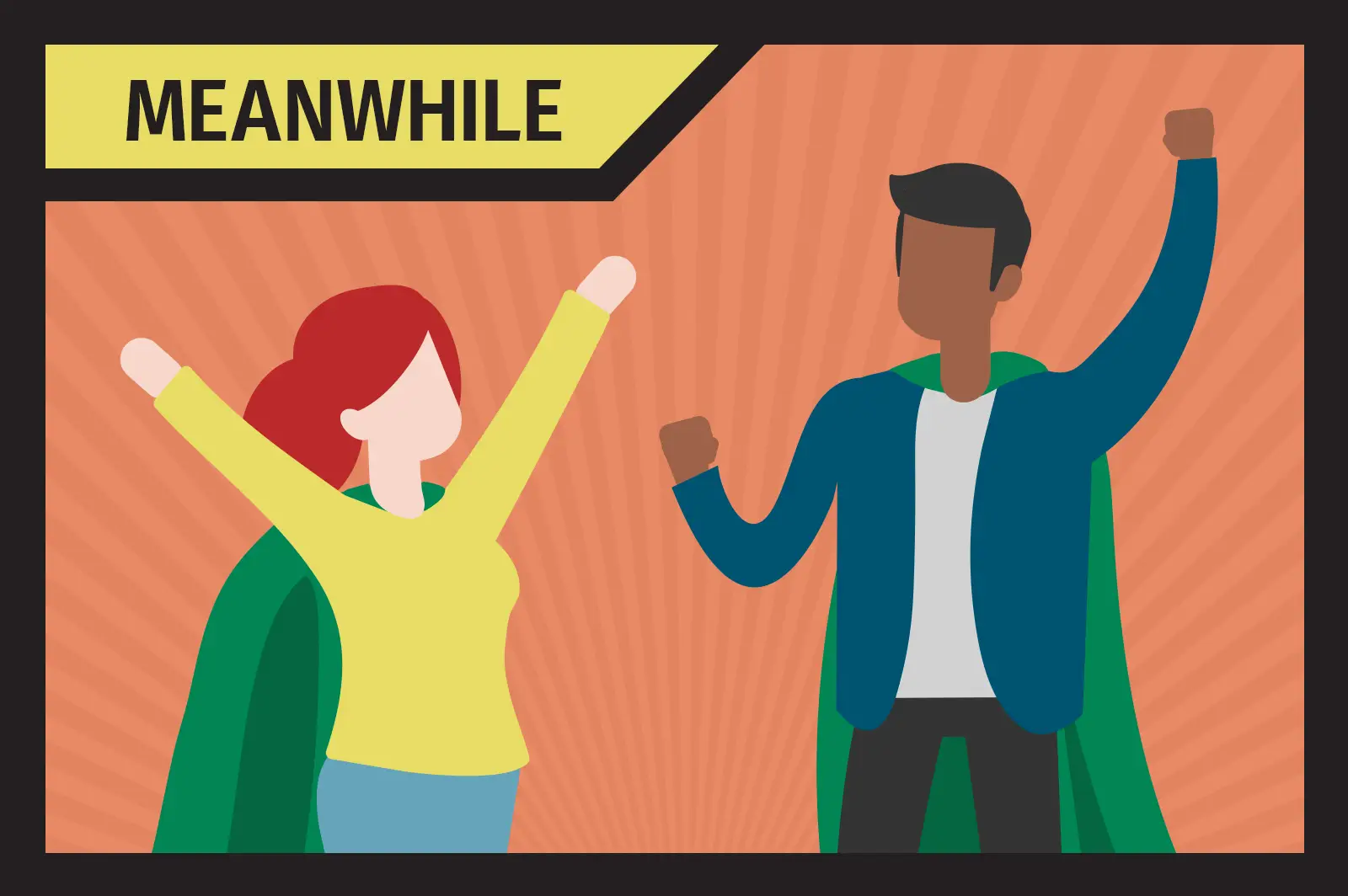
Step 3. Think about opening a savings account, too!
Be sure you do research into a bank that offers a companion savings account. By having both, you can use your student checking account for everyday transactions and the savings account to save for future goals. You can even split your direct deposit and link checking and savings to avoid overdraft fees (though we strongly suggest finding a bank that doesn’t charge you overdraft fees for student checking).
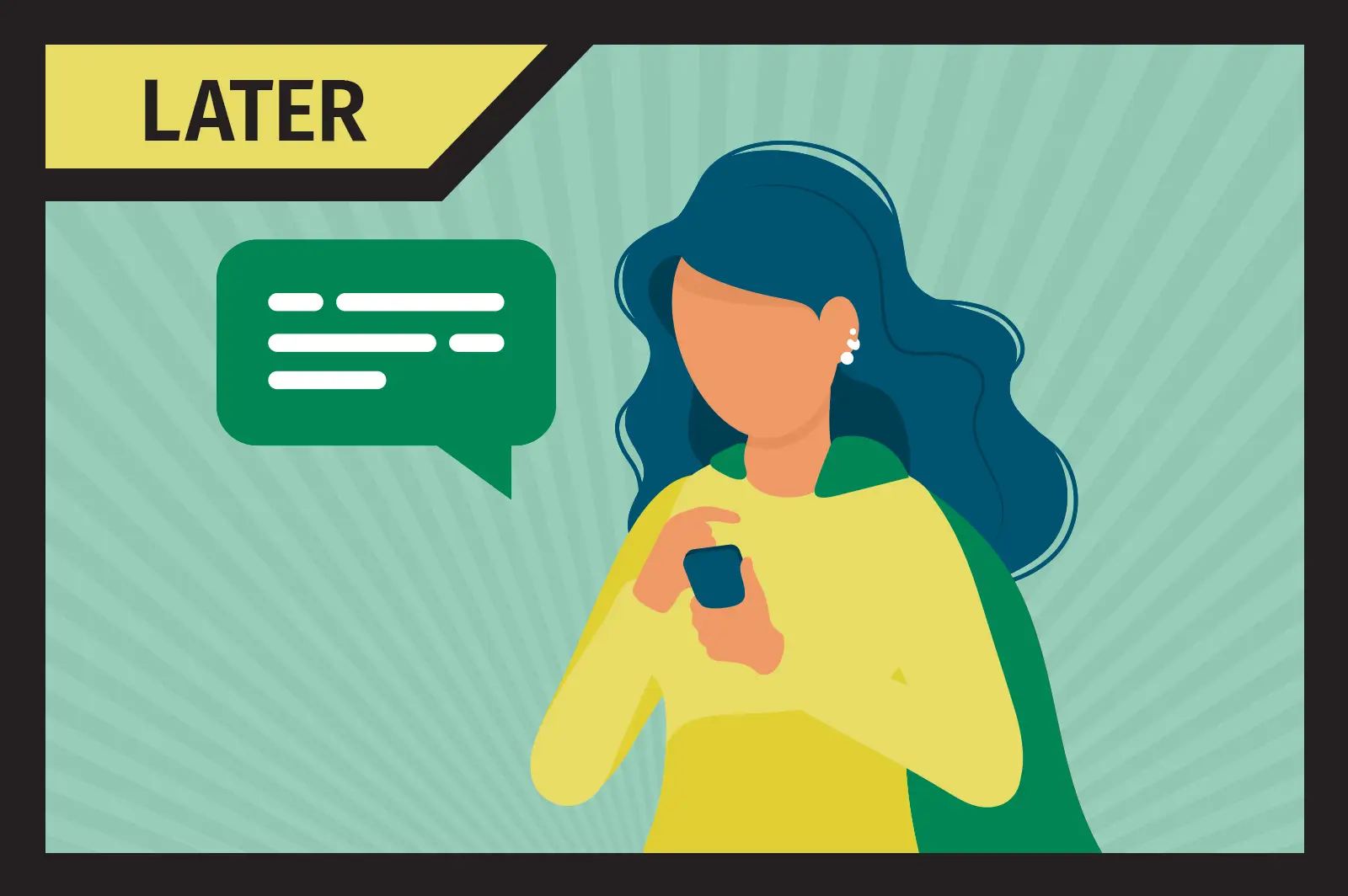
Step 4. Use insights to manage your first bank account
If you need assistance, many banks assist by offering alerts for things such as low balances, fraud, or even deposits through the website or app. These alerts might include text messages, symbols that pop up, a fun sound or emails. They could warn you when you’re at risk of overdrawing your account, and much more.
You can be automatically enrolled or asked to sign up through the app. Bank apps also can come with all kinds of insightful tools, such as graphs of where you’re spending your money, where you’re saving, how close you are to reaching a goal, and even trivia! Insights can chart a course to success with personalized knowledge of your account such as letting you know when that paycheck from your part-time job hits your account, or if there’s a fraud warning.
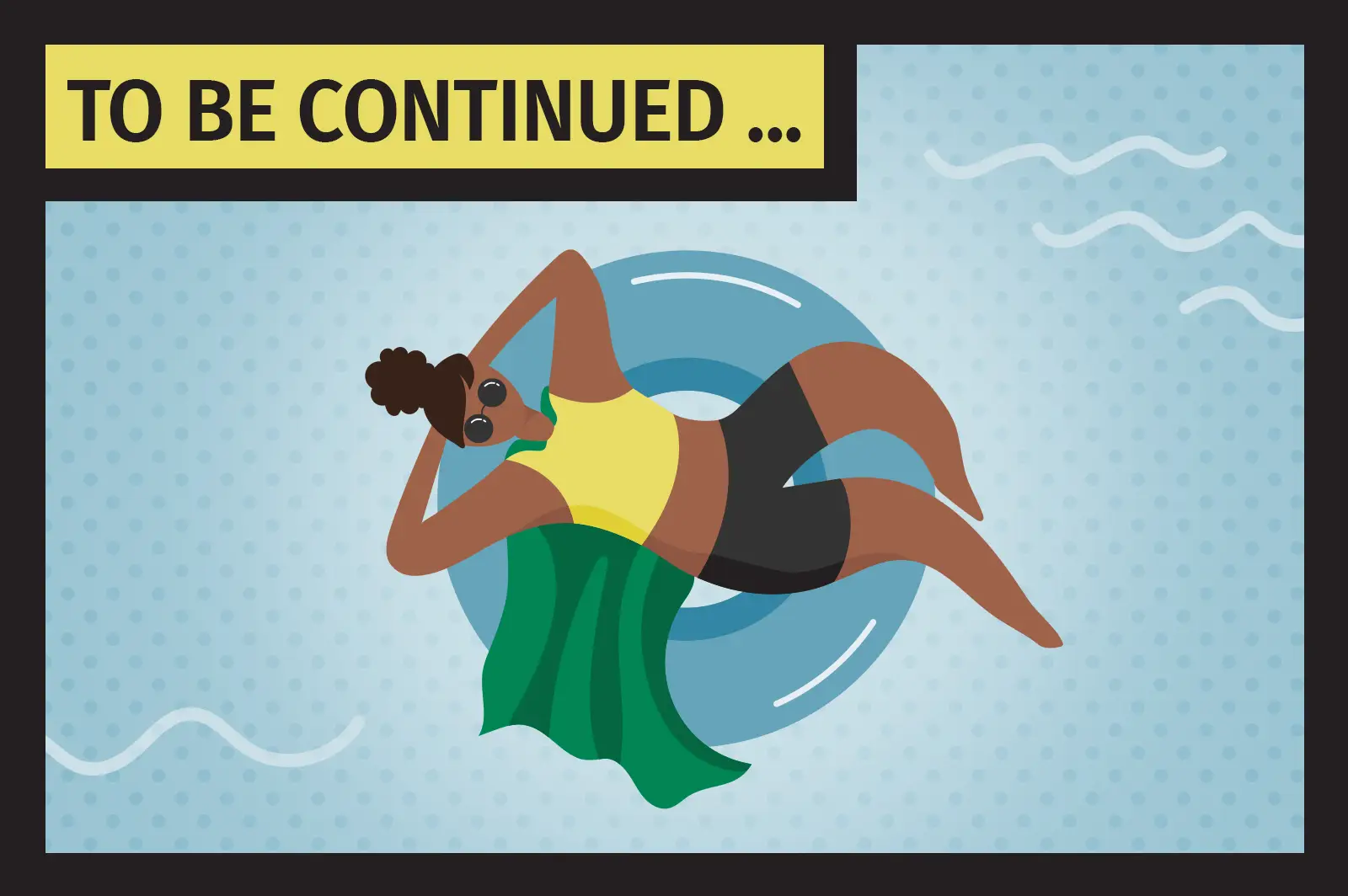
Step 5. Avoid minimum balance fees
Whatever bank you choose should be a place that helps on your personal journey. A student checking account shouldn’t cost you money, it should help you manage your money smarter!
When you’re young and just getting started on your savings journey, it can be difficult to always have a minimum balance in your account. An account that doesn't have this requirement is your best bet. Be sure to get a debit card associated with your checking account, so you can have a quick and safe way to access your account.
Ready to get started making smart money moves?
As you get started on your financial journey, know that it doesn’t have to be long and treacherous. You don’t have to slay dragons or try out alter egos when looking to open your first bank account. Also, you’re too busy with school and your part-time job to do all of that anyway. You want to review your options with any student checking account to ensure you get one that meets your banking needs.
This is an exciting time! Welcome to being the boss of your own financial universe.
Related topics
4 easy tricks to become better at saving money
Looking to make saving money a bigger priority in your life? Read about four changes in habit that can make all the difference.
How many bank accounts do you need?
Find out how many bank accounts you need with tips from Citizens. In this helpful guide, we'll explain the different types of deposit accounts and how they can be used.
Teaching kids about money
It's never too early to start teaching your children about money. Even small steps, like setting a good example with your own spending, can help improve the financial literacy of your kids.
© Citizens Financial Group, Inc. All rights reserved. Citizens Bank, N.A. Member FDIC
Disclaimer: Views expressed may not necessarily reflect those of Citizens. The information contained herein is for informational purposes only as a service to the public, and is not legal advice or a substitute for legal counsel, nor does it constitute advertising or a solicitation. You should do your own research and/or contact your own legal or tax advisor for assistance with questions you may have on the information contained herein.
* U.S. checking or savings account required to use Zelle®. Transactions between enrolled customers typically occur in minutes. Zelle ® and the Zelle® related marks are wholly owned by Early Warning Services, LLC and are used herein under license.
